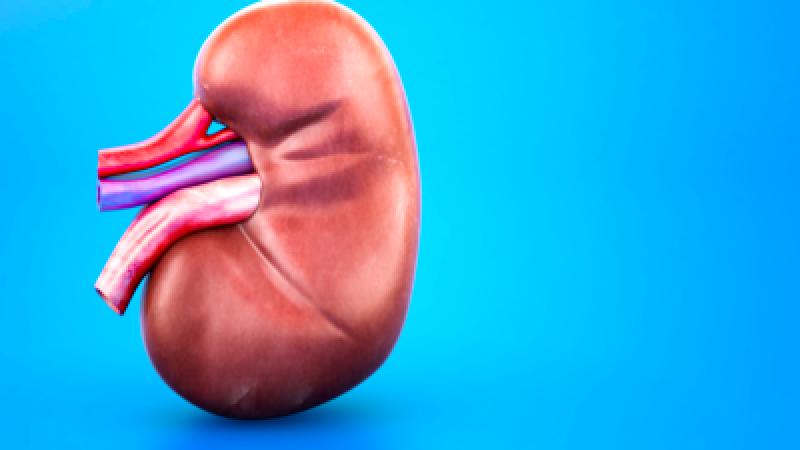
Our kidneys are essential organs that play vital roles in keeping us healthy. While it is common to have two kidneys, living with just one is more prevalent than many people realize. Whether due to congenital reasons, surgical removal, or donation, many individuals lead normal, active lives with a single kidney. Despite this, there are several persistent myths that can cause unnecessary worry. Let's debunk some of the most common ones:
Myth 1: It is impossible to live a normal life with just one kidney.
Fact: Many people with one kidney live perfectly normal, healthy lives. The remaining kidney usually adapts and compensates effectively to meet the body's needs.
Myth 2: It is crucial to avoid all physical activity with one kidney.
Fact: Staying active is generally safe and even beneficial for those with one kidney. While caution is needed for high-impact sports, moderate exercise is encouraged. Always consult with a healthcare provider for personalized advice.
Myth 3: Having a single kidney requires significant dietary modifications.
Fact: A balanced diet is typically sufficient for maintaining good kidney health. It is important to stay hydrated and avoid excessive salt, but drastic dietary changes are usually not necessary.
Myth 4: Chronic health issues are common in individuals with only one kidney.
Fact: According to Dr. Nikhil Bhasin, Consultant Nephrologist and Renal Transplant Physician at Wockhardt Hospitals, Mumbai Central, most people with a single kidney do not experience significant health problems. Regular check-ups and a healthy lifestyle are essential for monitoring and preserving kidney function.
Myth 5: Most medications need to be avoided if you have only one kidney.
Fact: Most medications are safe with one kidney when prescribed correctly. Always inform your healthcare provider so they can adjust dosages if necessary.
Myth 6: Donating a kidney is dangerous and decreases life expectancy.
Fact: Donating a kidney is generally safe, with minimal risks or complications. MosDonors can typically resume their regular activities within 2-3 weeks post-surgery. The likelihood of kidney failure in donors is extremely low, and they usually adopt a healthier lifestyle after donation.
Myth: Donating a kidney could affect pregnancy and fertility
Fact: Donating a kidney does not impact your ability to have children. Many kidney donors go on to have successful pregnancies and healthy children. The body can function well with one kidney, and fertility is not affected by donation.
Myth: A single kidney is prone to failure over time, necessitating dialysis
Fact: With proper care, a single kidney can function effectively throughout a person's lifetime. Dialysis may only be required if the lone kidney fails, which is not a common occurrence with proper care and monitoring.
Living with one kidney may require careful attention to health and lifestyle practices, but it does not necessarily lead to a restricted or chronically ill life. By understanding the truth and dispelling common misconceptions, individuals with one kidney can continue to lead fulfilling and healthy lives.











